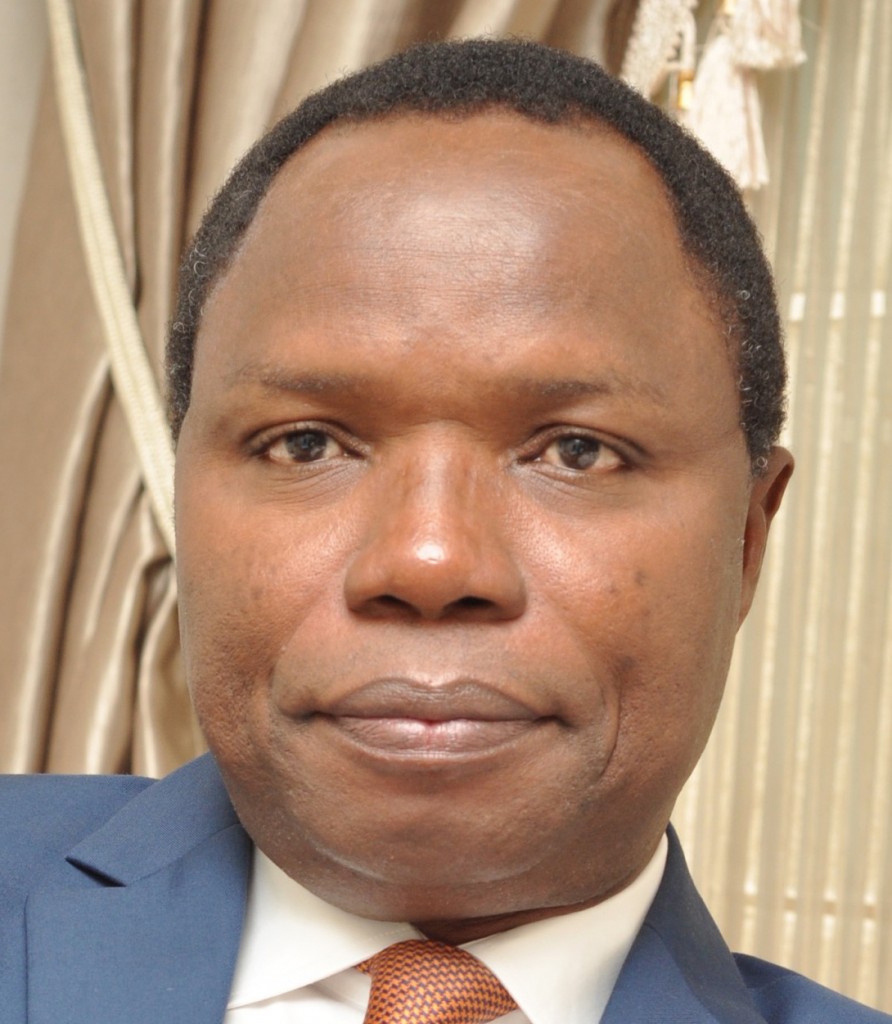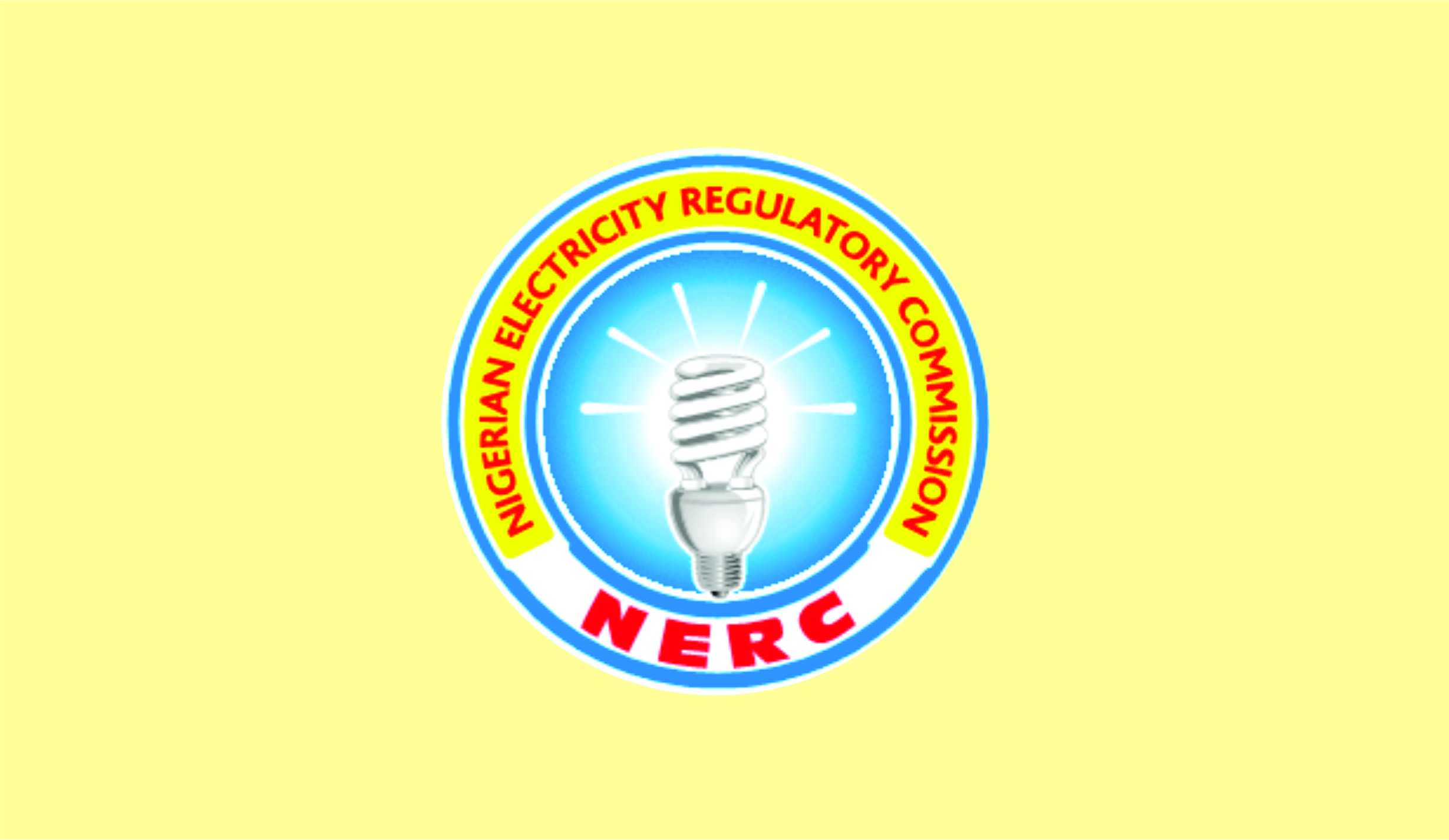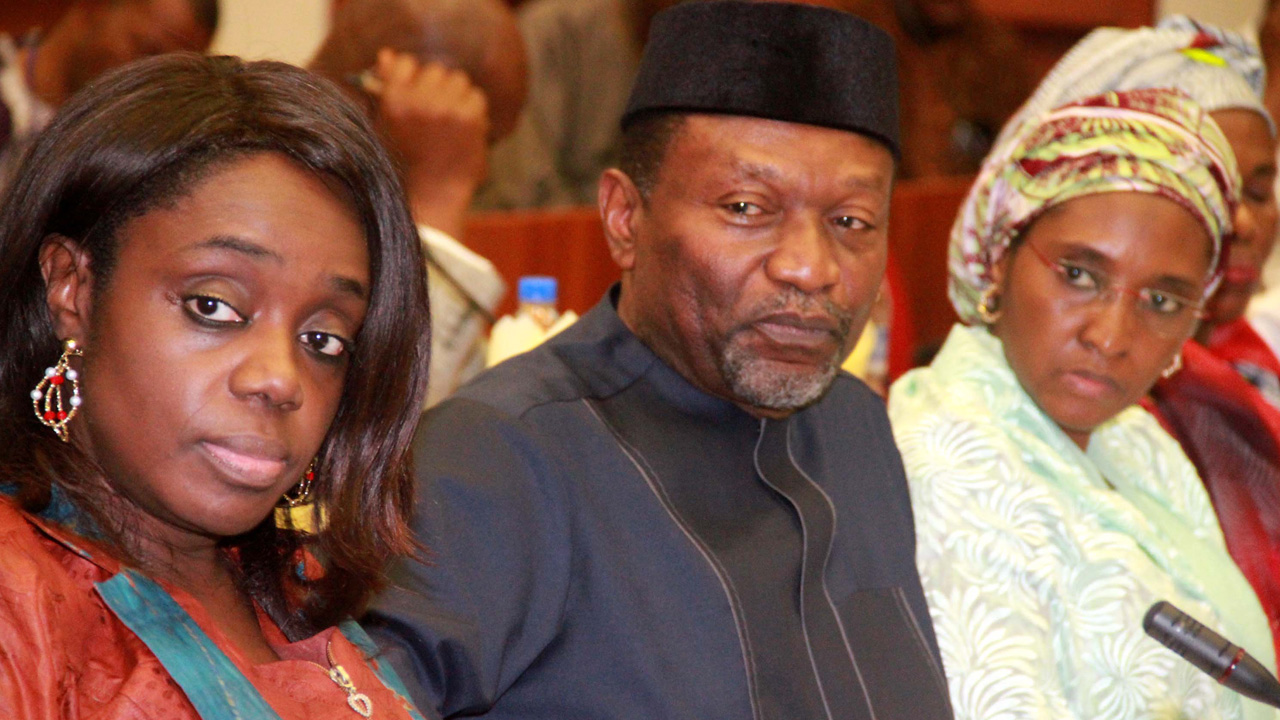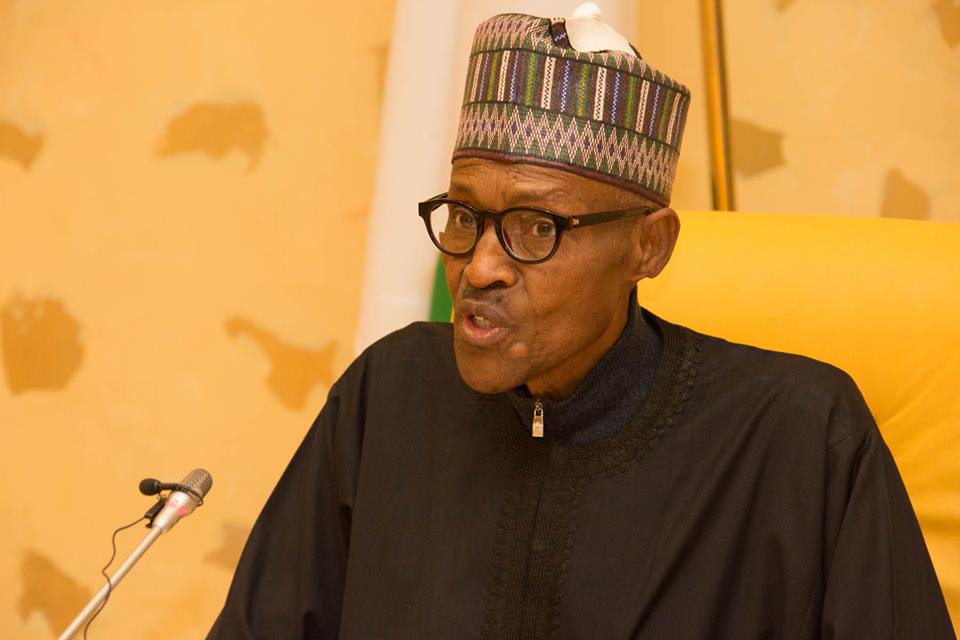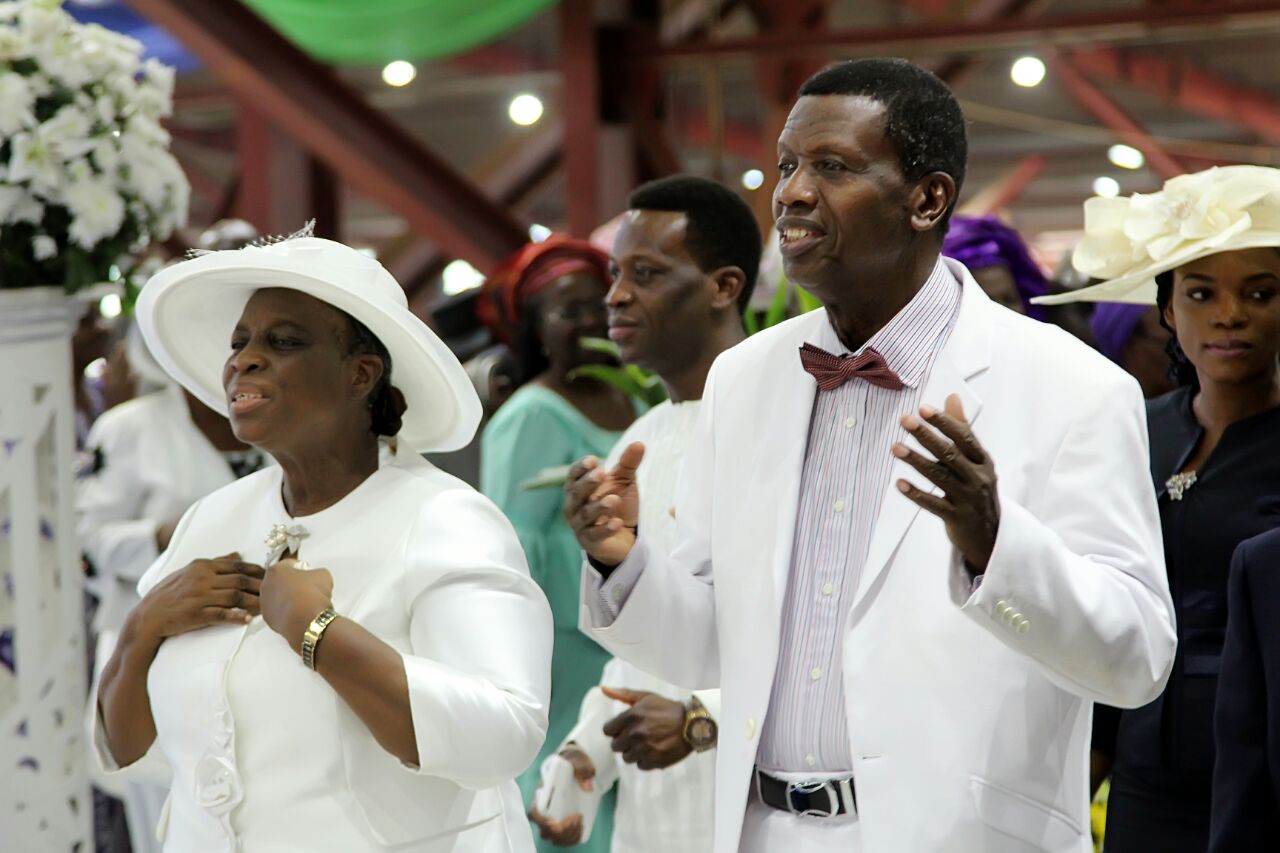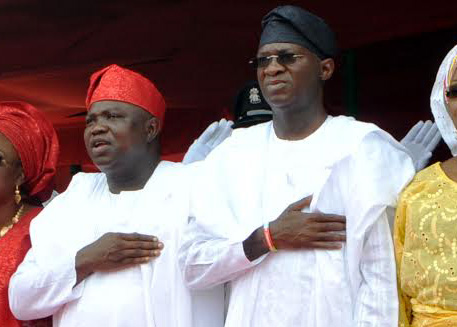We all are happy that the promise by the federal authorities to reward anyone who helps to find looted funds seems to be yielding fruit. If the government keeps its promise to give them 5% of the loot, at least two whistleblowers so far will be hundreds of millions of naira richer soon.
Long before this reward system came, however, some of us had been offering the service for free. Rather than get a reward, we have been exposed to greater danger. What can one do when a government agency protects private interests rather than public interests? Perhaps some of us were born into the wrong country!
My case began early in 2016 when I reported UPDC (UACN Property Development Company Plc), which built and manages an estate called Emerald Court in Gudu District of Abuja, to the Nigerian Electricity Regulatory Commission (NERC).
Inside Emerald Court where I reside, the company (UPDC) installed a 1.015MW generator, and, without a licence from NERC, operates illegal GENCO and DISCO. It subjects all of the estate’s residents to arbitrary billing: the more you pay, the higher your electricity bills become.
Advertisement
When I discovered that UPDC operated outside the NERC Act, I quickly reported the matter to NERC. In no time NERC officials came to the estate to see for themselves, and quickly confirmed that the company was not just operating illegal GENCO and DISCO but was doing so massively, defrauding residents in all its estates estimated to number 200 across the country. By so doing, UPDC violated Section 62(2) of the Electricity Power Sector Reform Act, 2005, which prohibits a person, except in accordance with a licence issued by NERC, from operating an undertaking for generating electricity above 1MW in aggregate for distribution of electricity with a capacity above 100KVA at a site.
In view of the foregoing, NERC stated that it would penalize UPDC for established violations of the Act, which include: (a) illegal generation and distribution of electricity above 1MW and 100KVA respectively without a licence by NERC, (b) overbilling, (c) illegal disconnection of power supply, and (d) failure to separate grid from private electricity supply.
After a meeting on May 25, 2016, at NERC headquarters, involving me, NERC and UPDC officials, NERC thanked me for my efforts as a whistleblower, and handed a letter which read: “In line with NERC Meter, Billing, Cash Collection and Credit Management for Electricity Supply Regulation, 2007, the Commission hereby directs that:
Advertisement
1. You (UPDC) cease to serve the residents of Emerald Court Estate through bulk metering
2. You (UPDC) install meters for each and every resident of Emerald Estate within thirty (30) days from date of this letter, and revert back to the Commission or provide alternative plans and timeline with which you would meter these customers.”
When I brought up the issue of fining UPDC for infraction and for defrauding thousands of residents in its estates across the nation and making sure that it stopped defrauding its residents, NERC promised me that my request would be granted as soon as possible and that I would be notified.
But, soon after, a friend on the staff of NERC alerted me to some possible backdoor agreements reached between NERC and UPDC. NERC, he told me, seemed to have compromised on its duties to the extent that, rather than be the protector of public interests, it became the protector of private interests. I began to wonder if UPDC was one of those power companies that used to go through the backdoor to have its way.
Advertisement
My friend even told me that NERC would soon give a letter to UPDC to enable it continue with business as usual by illegally granting it six months’ reprieve, which would be enough time for UPDC to perfect and prepare its battle against me.
He was right. As soon as NERC did the suspected letter dated June 27, 2016, to UPDC, my friend advised me to go to NERC and insist on getting a copy of the letter. It took several visits to NERC before I was given a copy of the letter, which under normal circumstances I should have been copied as a person of interest.
Once I got a copy of the letter, I wrote back to NERC a letter dated July 18, 2016, and copied the minister of power, works and housing, Mr Babatunde Fashola, to alert his office to the ongoing fraud in NERC.
Here are the issues I raised in that letter:
Advertisement
1. What are the justifications for NERC refusing to fine UPDC for operating illegal GENCO and DISCO along with illegally trading in electricity and by so doing denying the federal government billions of naira in revenue?
2. What are the justifications for NERC allowing UPDC to still continue operating the same illegal captive power generation, distribution and trading in electricity in all its estates across the nation, and by so doing earning billions of naira from these illegal activities?
Advertisement
3. Why is NERC biased and in a hurry to grant the company GENCO and DISCO captive licence so as to legitimize its illegal trading in electricity but reluctant to ensure that it stops defrauding unsuspecting residents and refund the billions of naira it had already illegally collected from its victims, myself included?
Even though I gave NERC seven days to respond, I am yet to receive a response from either NERC or from the honorable minister, Fashola.
Advertisement
On January 20, 2017, I received a letter from UPDC dated December 5, 2016, part of which states that in order “to comply with NERC regulation and avoid any sanction associated with non-compliance…” the following will be undertaken as solution to the NERC requirement:
1. Exchange the 650KVA generator with 400KVA (to have a total of 400+365KVA which is less than 1MW) as directed by NERC. This will in no way affect power supply as output calculation has shown that the 400KVA will suffice.
Advertisement
2. Connection of each unit to the national grid with each unit having two meters for public and generator power consumption. This comes with associated cabling and electrical works, which cost will be borne by home owners (asset replacement deposit).
Because of this running battle, UPDC has made my life so miserable that, on many occasions, their staffers have had to embarrass me, threaten my family, and cut my electricity at weekends, requiring me to engage in a series of telephone calls before they could restore power to my residence.
Notwithstanding their endless efforts to mess me up and frustrate my life, however, I’ve continued to fight them, not only to achieve justice for myself but also to expose this massive corporate fraud committed by UPDC, assisted by NERC. We are talking about billions of naira this private company extorts from residents in its numerous estates.
Enwegbara, a development economist, writes from Abuja
Views expressed by contributors are strictly personal and not of TheCable.
Add a comment
